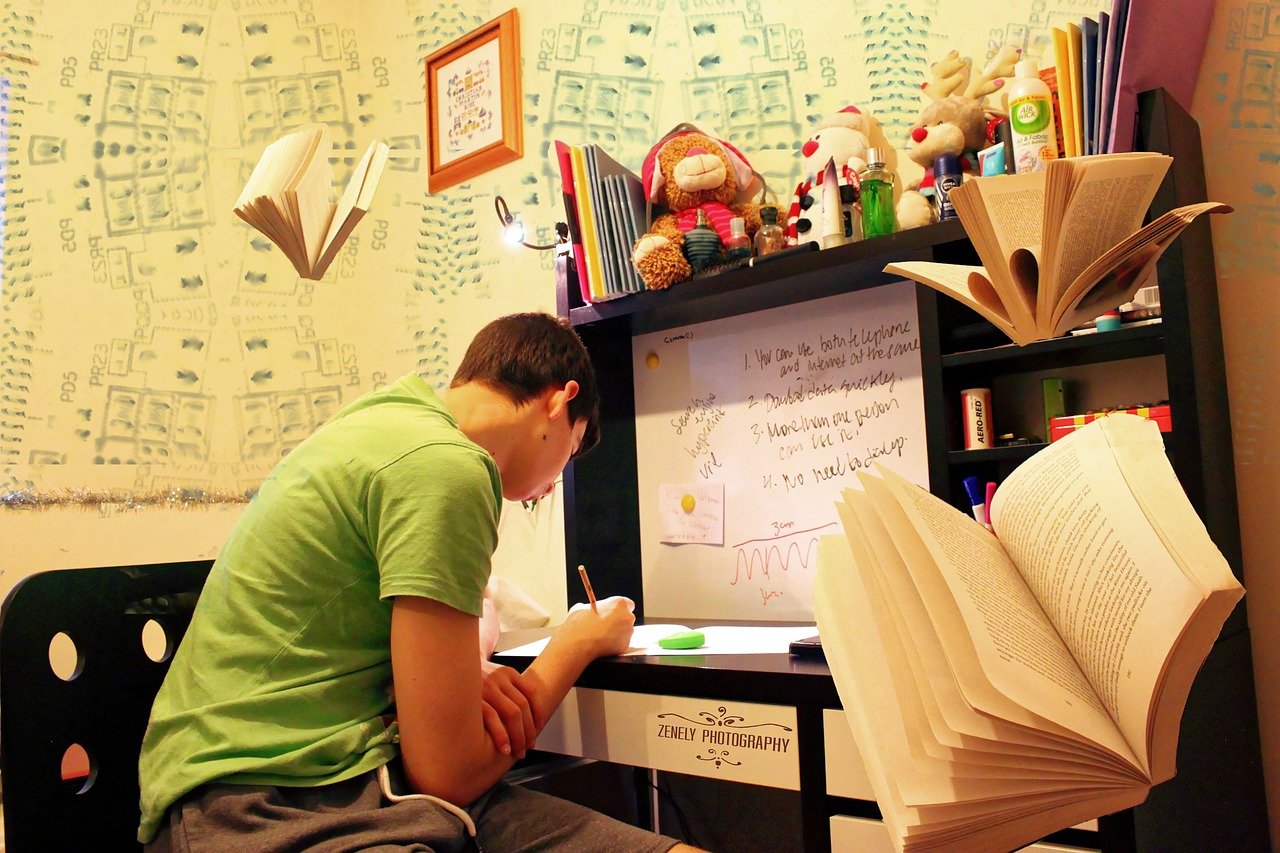Be your child’s career champion. Part 1 for ages 11- 14
Guidance and suggestions to help you start career conversations with your teenager
The world has changed, with the dramatic rise in university fees and the highly competitive nature of getting a good job as parents we need to see how to help our children make effective choices.
The most important person in your child’s life is you, and you will be the person they first turn to for advice and guidance in their studies and careers.
You can help them at different stages of their life.
‘Parents are the single greatest influence on their children’s education and career decision making.’
Looking to the future
The world of work has changed; no longer can you climb a career ladder with one company. Jobs are changing so fast that how you earn your living in 10 years may be in a job that doesn’t even exist now.
Even if the job does exist, you have to keep yourself up to date. The punch card operator from 30 years ago had to retrain. The experienced marketing manager who knows nothing on social media is likely to find him/herself unemployable.
That’s why you can help your child understand more about their strengths and abilities, their passions and interests and develop relevant skills to keep them marketable so if the job ceases to exist, or they want to move on they understand what makes them special.
Early Teens: Age 11-14
Help them to understand their strengths and weaknesses
Focus more on what they are good at rather than put far too much energy into weak areas. The one exception is maths. In many jobs a Grade C or above is essential, so (if required) extra help in this area is likely to be beneficial.
Give specific and positive feedback on strengths
Too often we discount things, thinking that because something comes easy to us that everyone can do this. Help your child to apply and celebrate their strengths.
Does your child have artistic or musical talents, a real flair for sports, much happier working on practical tasks? All of these can lead to a great job, it’s not just about academic subjects.
Strengths spotting
A really great activity is to look out for strengths, in all family members. Showing kindness, being organised, taking time to listen, or quickly understanding a problem.
Start reviewing things you all do and making a note of the things you do well. It’s much easier to work with strengths than to focus on weaknesses (with the exception of maths, you must get a grade C GCSE at a minimum).
How best does your child learn?
Not everyone learns best through reading but some may learn better through listening, either in class or using audio books. We may love creating mind maps but these don’t work for all, perhaps they are happiest with list making? Helping them to understand how best they learn will increase their chance of success through learning.
Career discussions
It’s never too early to start thinking of careers, and it can be helpful to have discussions on the type of work you and your friends do and to suggest some relevant website such as
- fasttomato.co.uk
- plotr.co.uk and especially the quiz – www.plotr.co.uk/career-advice-quiz/
Children can absorb negative energy
Don’t mock or criticise any career ideas they may have as it might stop them pursuing something that they are really interested in but need some support. Encourage their exploration, don’t shoot down ideas but encourage them to find out more.
Life skills
This is a good time to start learning life skills through participation in guides, scouts etc and taking up other opportunities offered by schools, see next page.
Developing life skills – at all ages
Certain skills are needed in almost every job such as
- Working well in a team
- Communicating with adults
- Being determined
- Solving problems
- Organising myself
- Organising others
- Competence in Maths
- Competence in English
- Improving my vocabulary
- Using technology
- Dealing with set backs
- Working with difficult people
- Setting goals
- Working towards goals
So encourage your teen to work on some of these areas and these ideas may help
- Studies
- Duke of Edinburgh award scheme
- Volunteering
- Hobby
- Part time job
- Helping a family member e.g. get their business on Facebook
- Helping out at home
I’d love to know how this helps, and of course any questions, do make a note below.




